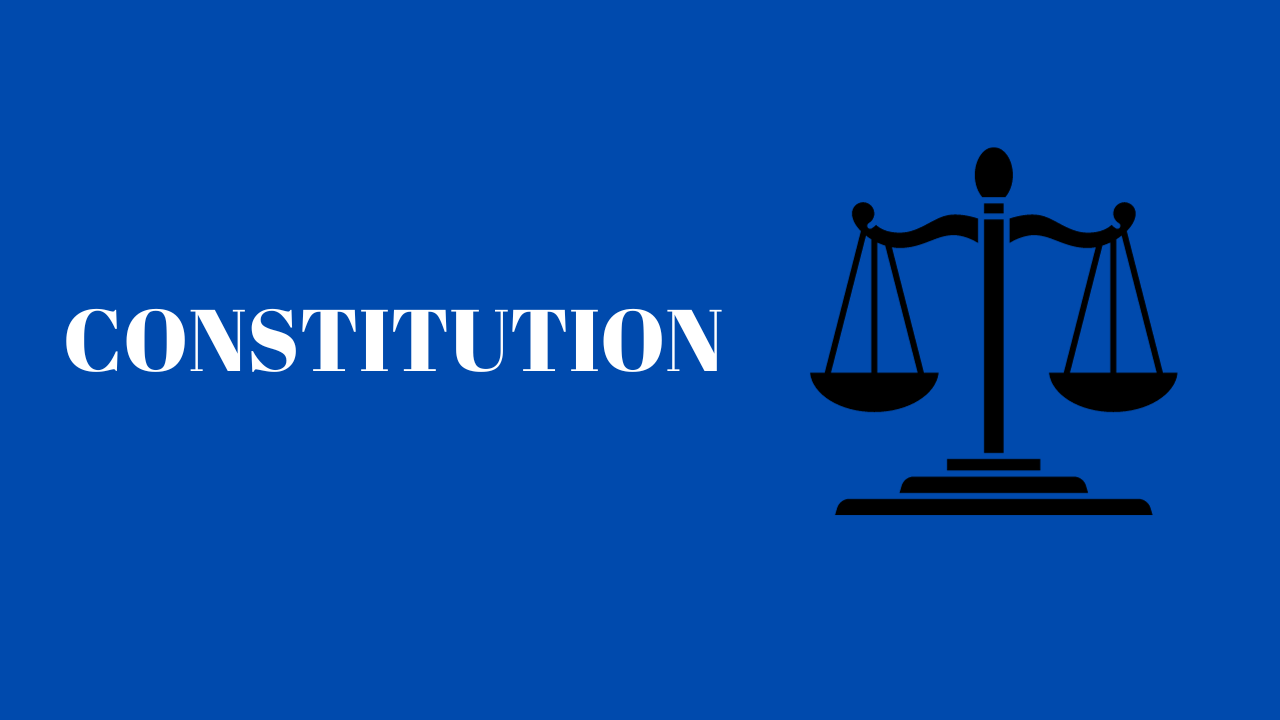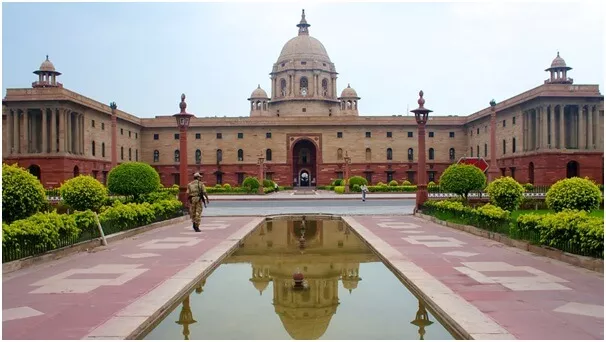- The Indian citizens are mighty proud of the country’s democratic form of governance offering certain rights in line with the Constitutionally mandated rights cutting across caste, creed, class, ethnicity, linguistics, religion, and faiths. The freedom of expression guaranteed in the Constitution entails every citizen to express diverse opinions without fear of repression. It’s another matter altogether that successive governments have introduced certain laws that attempt to circumvent the existing rights by suppressing voices of reason. Thankfully, the guardian of the Constitution, the higher judiciary, is awake to step in whenever any attempt is perpetrated by the overzealous authorities. The semblance of balance is well maintained, one must confess.

PC:Mukesh Suman
- Nonetheless, maintaining impartiality, neutrality, and an unbiased disposition while discharging certain Constitutionally mandated responsibilities are under duress of late. As you are aware, the functioning of the two Houses of Parliament viz. the Lok Sabha and the Rajya Sabha is witnessing tremendous disruptions owing to the lack of coordination between the floor leaders of both the treasury and the opposition benches. The once-hallowed Parliamentary debates have given way to frequent disruptions resulting in no meaningful business conduct for quite some time now. On top of it, the opposition is baying for the blood of the Rajya Sabha chairman, Vice President Jagdeep Dhankhar accusing him of being biased and partially siding with the ruling party in power.

PC:The Wire
- As such, it can be safely construed that the opposition motion on the RS chair is rooted in perception, which is important for constitutional offices. Indubitably, some roles demand fair play in real-time. Judges, match referees, cops manning traffic at crossroads, and Rajya Sabha chair, to name a few. Unlike parents, they don’t have a lifetime to prove their impartiality. It’s important for them to not only think fairly and philosophically but also be seen as acting fair. It’s a question of optics, but more than that, outcomes. The conduct of RS & LS, for instance, mirrors the health of Indian democracy. So, it’s troubling that opposition parties don’t consider V-P and RS chair Dhankhar impartial. Recently, 60 MPs gave notice for a no-confidence motion against him, accusing him of being partisan.

PC:National Herald
It’s a first in RS history, and while the motion’s success is highly improbable, it opens doors for more such attempts. Expect V-P’s office – the post is always a political appointment but seldom confrontational until now – to be attacked frequently. How did things come to this pass? Dhankhar has had an uneasy relationship with opposition parties from his days as Bengal governor. Mamata had sought his removal from Kolkata Raj Bhavan for repeatedly challenging her authority in different matters. But allegations of partiality in RS stem from what the opposition says is his more-than-occasional heavy-handed manner towards non-treasury parties. As cop, judge, and referee, the RS chair perhaps needs to play an elder’s role. The chair could be more accommodating.






